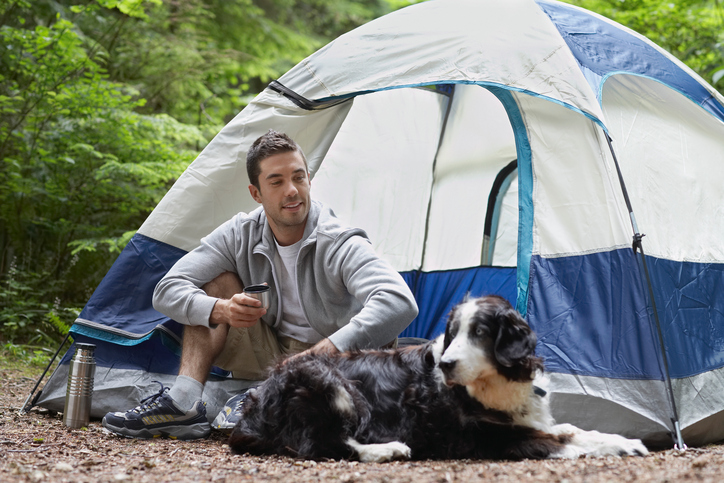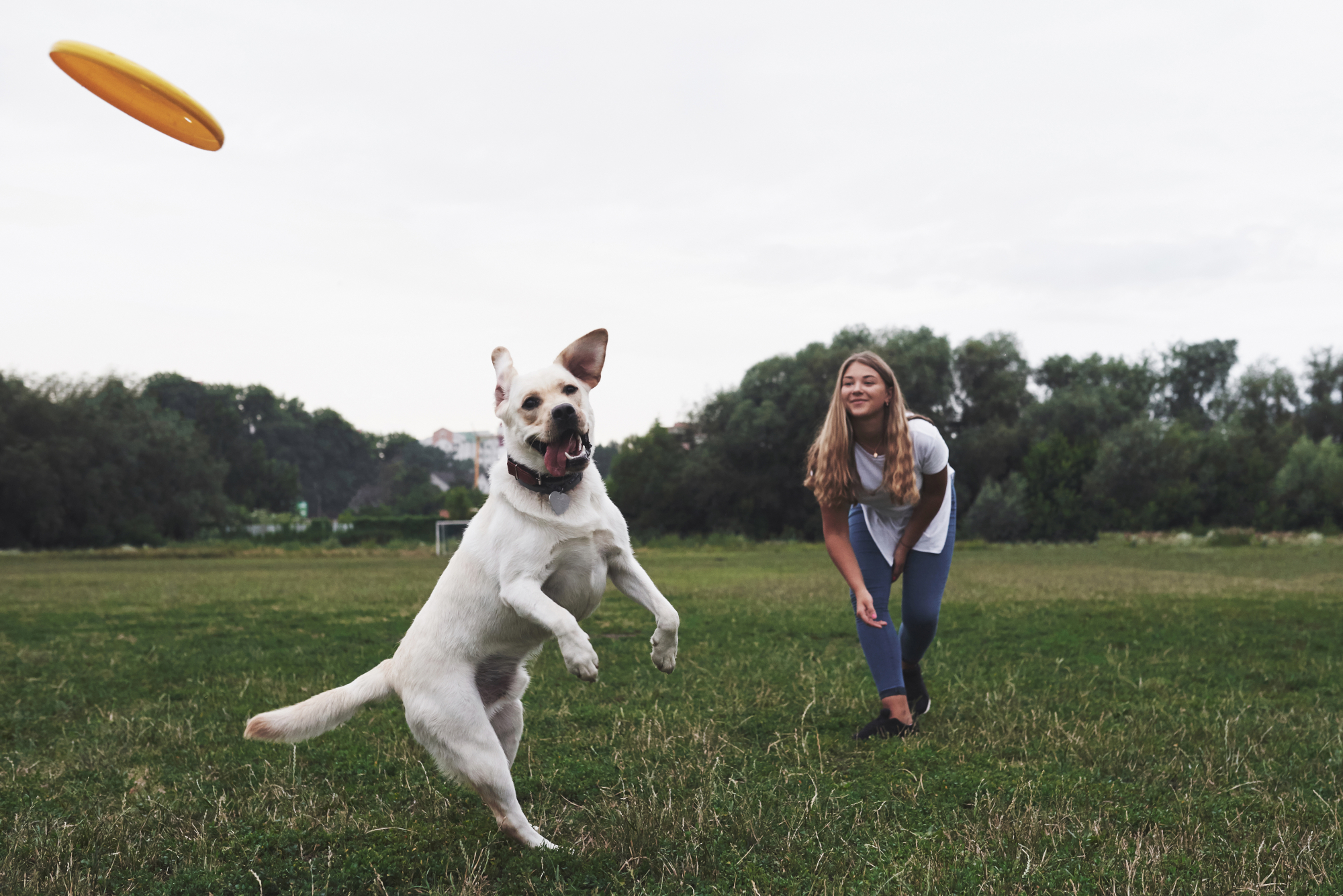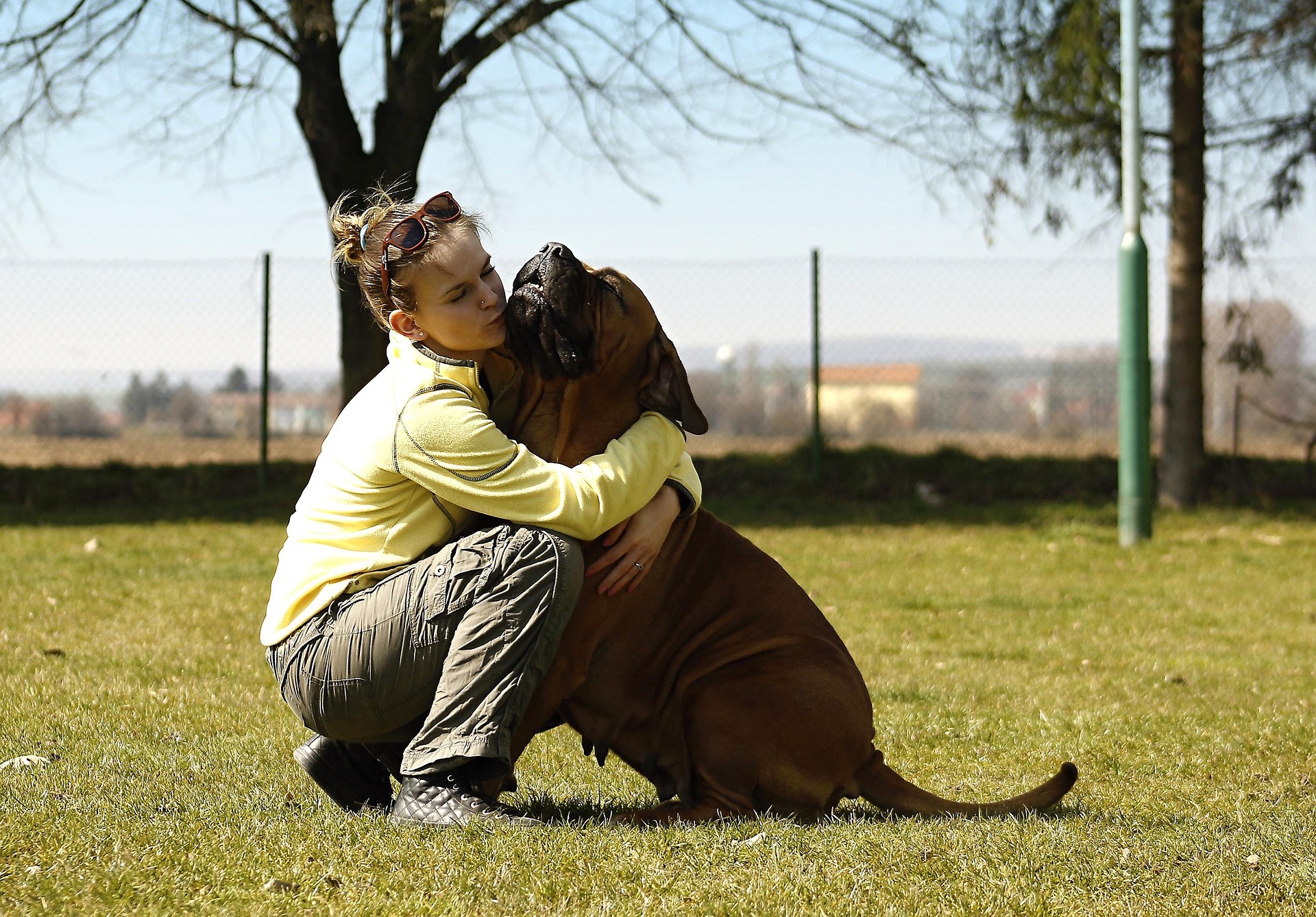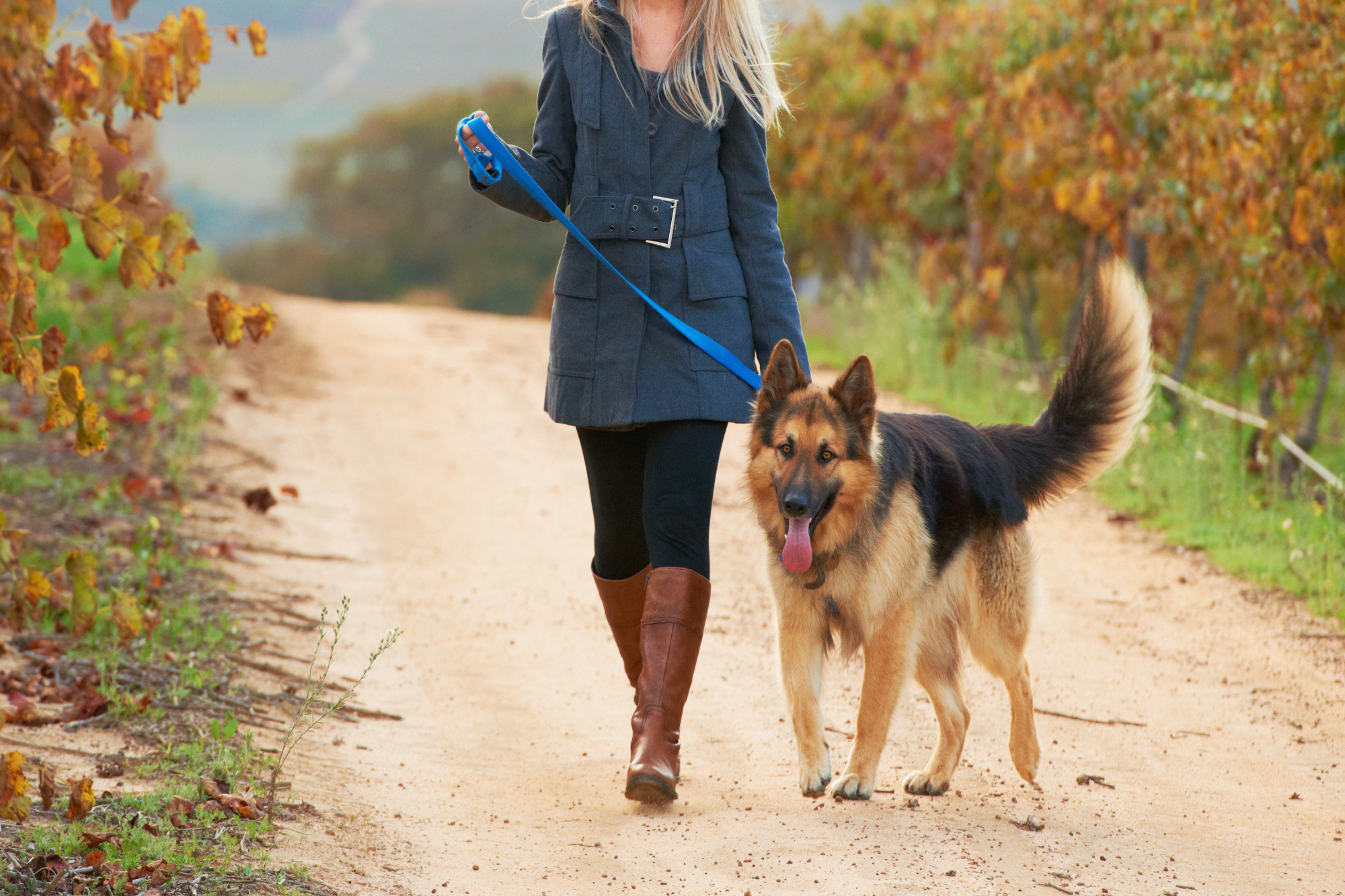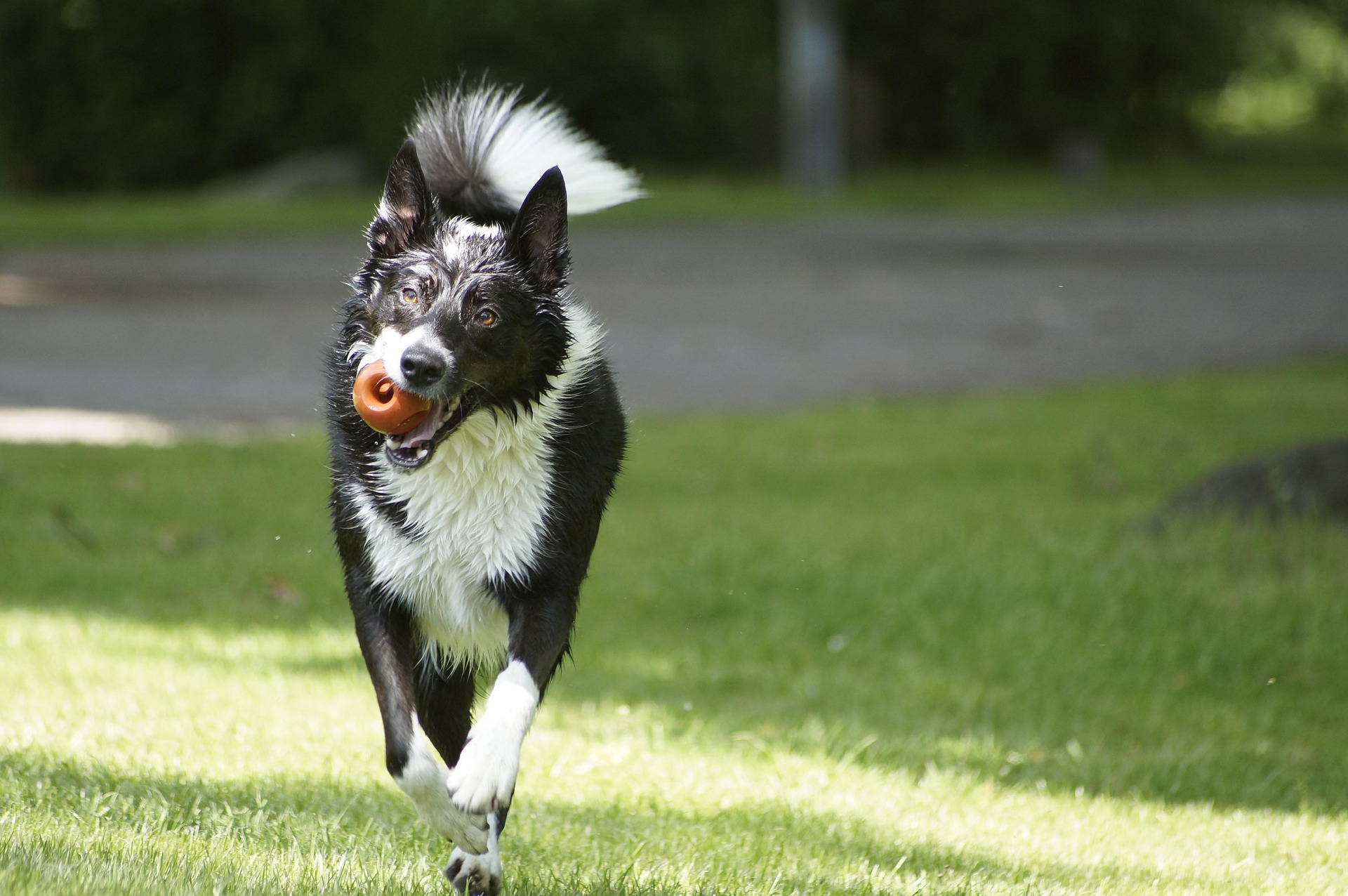Summer is in full swing now, and you know what that means: it’s time to go camping! If grabbing your tent and venturing out into BC’s beautiful wilderness is high on your must-do list this summer, then you know how much fun dogs will have while they’re with you in the great outdoors.
That being said, caring for your dog while camping is just as important as it is at home. They are perhaps even more prone to accidents while in the outdoors and playing. They’re put at higher risk if somehow there’s an emergency and not a single veterinarian office is in sight.
Summer should be enjoyed by both you and your pooch! Whether you’re going out in an RV or packing along a tent, these tips will ensure you will enjoy your camping trip while caring for your dog this summer.
Tip 1: Do Your Homework
Not every campground in Vancouver or BC accepts dogs, and not every beach is dog-friendly. Many areas are inaccessible to dogs in order to protect the natural wildlife.
You can avoid unwittingly destroying BC’s natural beauty, avoid receiving a penalty fee, and avoid the humiliation of being asked to leave the campground by doing a quick Google search. You can also try contacting the campground owner directly if you’re not sure. Be aware that there may be regulations for dogs even in the more dog-friendly areas, which again are in place for a good reason (for example, preserving the wildlife).
Tip: 2: Pack Properly
Don’t forget your dog in your camping trip’s packing itinerary! As well as food, water, and their food and water bowls, you should try and bring dog-friendly and environmentally-friendly shampoo or dry shampoo or wipes to help wash off the dirt and debris they may roll around in (after all, that’s all there is out in the forest!). Bring along their favourite toys as well as a Frisbee for hours of fun for both of you!
Tip 3: Pest Prevention
Just like anywhere in the city, pests like fleas, mites, and especially ticks can find their way onto your pooch in the wilderness. We highly recommend you come to your veterinarian to receive and apply any oral or topical solutions for pests before you go anywhere on your travels. The best treatment for ticks is prevention!
In the event you find a tick on your pooch, or see any signs and symptoms of an infected bite in your dog, come immediately to the nearest dog hospital for treatment!
Tip 4: Train, Train, and then Train More
Behavioural problems are a biggie for dogs this time of year, as they won’t understand that there are rules of conduct for dogs outside of home for a reason. Teach your pooch the basic commands—“Come”, “Sit”, and “Stay” should always be followed by their name. Keep a sharp eye out for hazards while on your trip, such as broken glass on trails or campfire embers getting too close for comfort. Also be sure they don’t jump onto random passersby if they’re dirty or have been swimming.
Tip 5: Know Your Wild Plants
One of the common dangers of dogs in the wilderness is the plant wildlife, as there are several toxic plants to beware of in BC. These plants are dangerous to both you and your dog, so keep an eye out for them:
- Poison ivy
- Holly
- Thistles
- Bloodroot
- Giant hogweed
- Water hemlock
- American nightshade
- Scotch broom
- Spurge laurel
- Tansy ragwort
Some of these plants are not only toxic to dogs but also to humans, and can cause some severe allergies!
Tip 6: Breeds
It’s unfortunately true that not all breeds of dogs make for great camping trip companions. There are breeds, specifically the snub-nosed variety of bulldogs and pugs, who are going to require extra attention and care while you’re camping. Why? Because the way their snouts are formed makes it tougher for them to cool off, and they may have more difficulty in breathing and panting.
You need to make sure you’re both hiking and camping in areas that are very shady, if your favourite pooch is a pug or bulldog. Always, always provide them with water and put their bedding in a shaded area so they can cool off or rest.
Keep dogs with dark or black-coloured coats cool and in shaded areas. Keep hairless, short-coated, and light-coloured or white-coated dogs protected from excessive sunlight, as they have less protection from prolonged exposure to the sun.
Basically, any safety tips that apply to you such as protection from the sun and from toxic plants or other dangers will apply to your dog too. By using common sense, you can easily prevent further harm to both of you and above all, have fun on your camping trip! Bon voyage!
Creative Commons Attribution: Permission is granted to repost this article in its entirety with credit to Hastings Veterinary Hospital and a clickable link back to this page.

